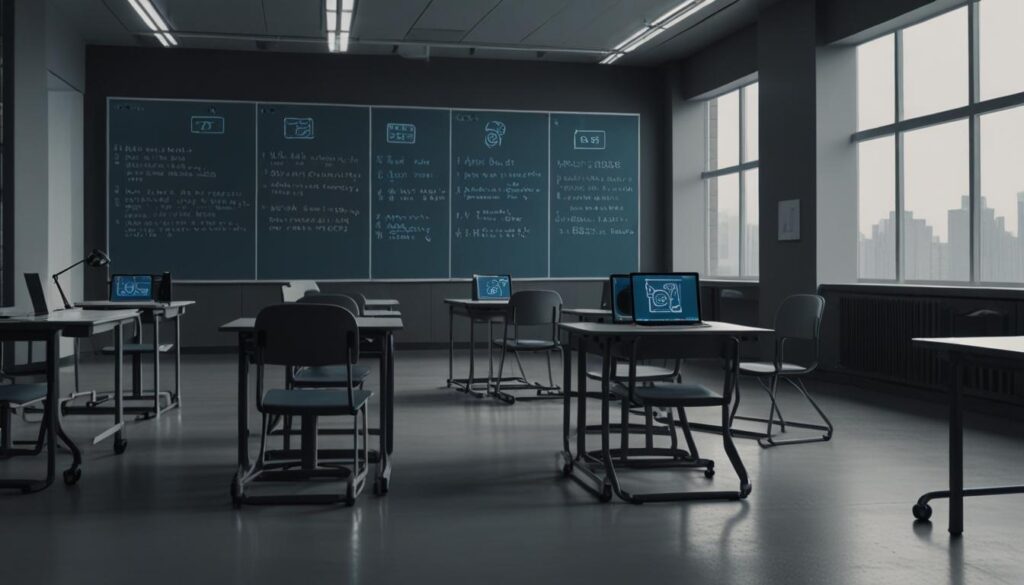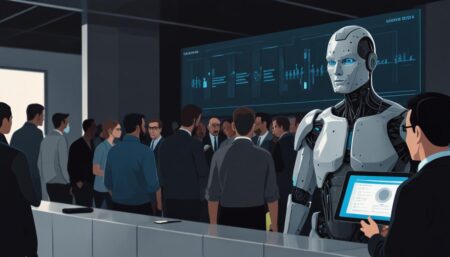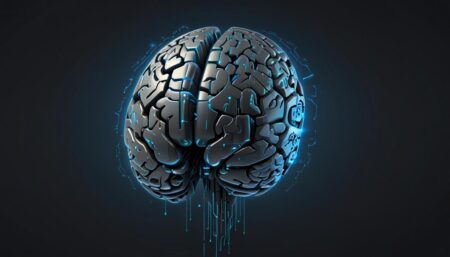As teachers like Leila Wheless and Sarah Martin navigate the integration of AI in their classrooms, they express concerns about its impact on students’ critical thinking skills and the integrity of the learning process.
Educators Grapple with the Challenges and Limitations of Classroom AI
North Carolina, USA – Leila Wheless, a veteran educator with over three decades of experience, has tried to integrate artificial intelligence (AI) into her middle school English and language arts classroom. Teaching since 1991, Wheless approached AI with an “open heart” and diligently reviewed North Carolina’s generative AI guidelines. However, the outcomes of her students’ engagement with AI tools proved less promising than hoped.
For an assignment related to the novel “Persepolis,” Wheless instructed her students to research prophets, as the novel’s main character dreams of becoming one. However, the answers generated by AI tools were often misleading and incorrect. One particularly absurd response indicated that “the Christian prophet Moses got chocolate stains out of T-shirts,” an evident distortion of the biblical story where Moses brought water out of a rock. To Wheless’s dismay, eighth-grade students accepted this misinformation without questioning its validity.
Reflecting on this incident, Wheless expressed concern that her students, lacking necessary background knowledge and critical thinking skills, did not challenge the dubious AI-generated information. This problem highlights a broader issue faced by educators across varying levels of education trying to harness AI tools in a productive manner.
In a series exploring technology use in K-12 classrooms, teachers nationwide have shared their experiences dealing with AI. While some benefits of AI in educational settings exist, such as expediting routine tasks like adding citations to essays and facilitating basic coding exercises, the substantial drawbacks overshadow these perks. One serious concern isn’t just the potential for cheating — a practice as old as schooling itself — but the much more insidious risk of stunting students’ critical thinking abilities. When learners heavily rely on AI for brainstorming and writing, they risk losing the skill and perseverance needed to navigate challenging tasks independently.
Sarah Martin, a high school English teacher in California, echoed similar sentiments. She reported an increase in students using AI to cheat, particularly among “disaffected seniors who are just waiting until graduation.” This rampant use of AI to complete assignments undermines the essential learning process.
The experiences of Wheless and Martin underscore the nascent stage of understanding and effectively integrating AI in educational environments. As AI becomes increasingly prevalent, educators are tasked with balancing its utility against its potential to detract from fundamental educational goals. Ensuring students develop robust critical thinking and problem-solving skills remains a priority, even as technology evolves.
The road ahead for AI in education will likely involve fine-tuning its use to support rather than replace student learning and ensuring that students maintain their intellectual curiosity and critical faculties in a rapidly digitising world.










